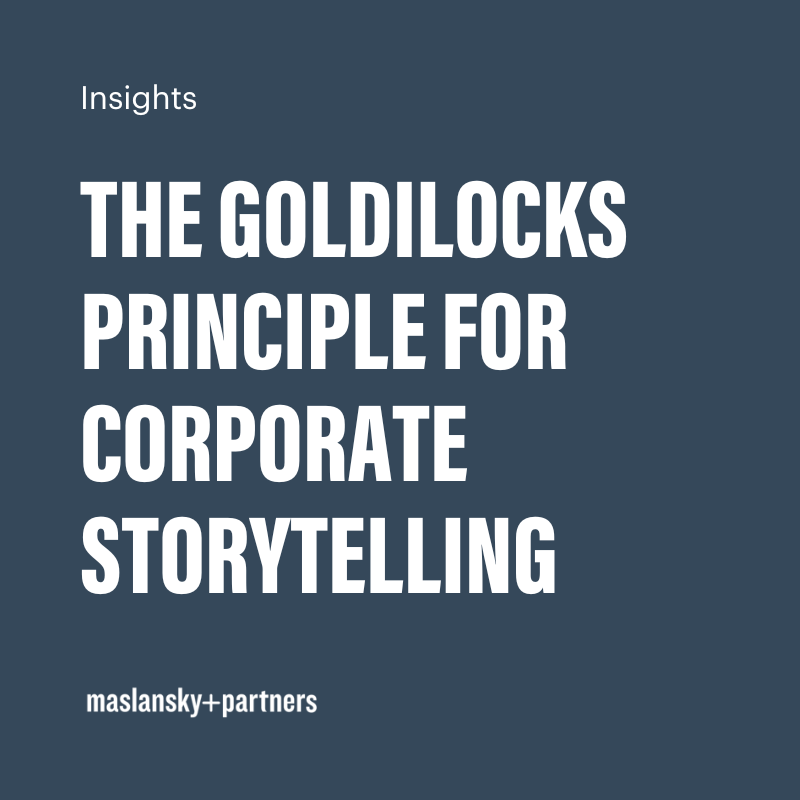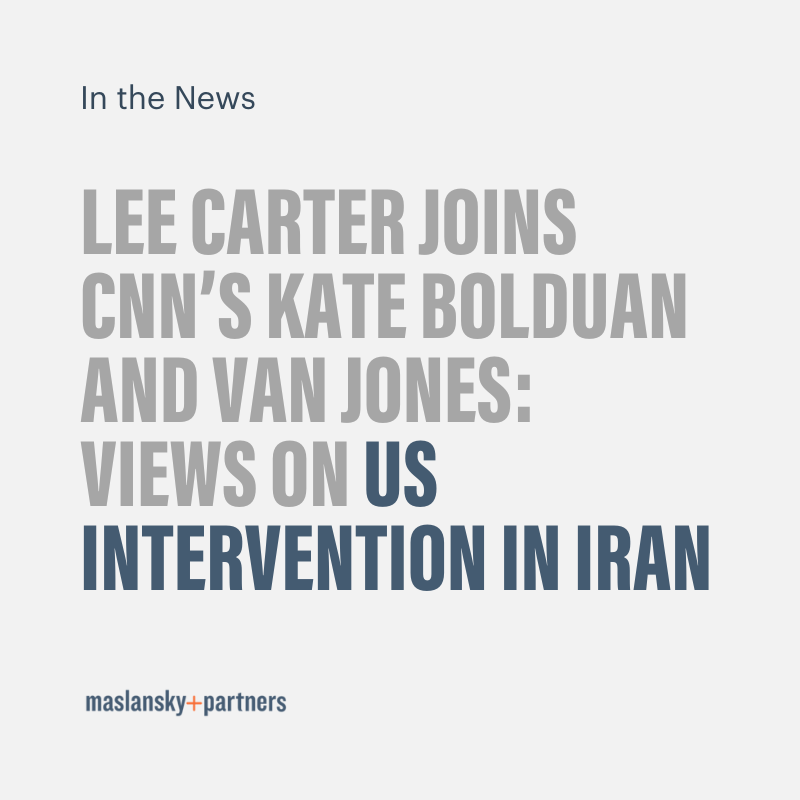Emotion vs. Science: Who Wins? (Hint: It’s Emotion)

Vaccines are everywhere these days. Or at least, most people wish they were. The vocal minority of people who refuse to vaccinate or question the science of vaccines has caused quite a bit of discussion lately.
This brings up a persistent problem we see all the time in our work. How do you have a conversation with someone when they won’t listen to the facts? It starts with recognizing where that person is coming from, and acknowledging that there’s work to be done to rebuild trust.
This is a highly emotional and politicized issue. It’s about my family, and my children. In other words, skeptics of the science on vaccines often have deeply held beliefs, and making this a black-or-white, yes-or-no question that attempts to show them why they’re wrong will only fuel anger and opposition. Instead, we’ve developed a few principles of communicating more effectively when facts and emotions collide.
- Forget the facts. Simply put, sometimes the facts don’t matter. People don’t like being told what to believe or what to do, especially when it involves their children. When you’re dealing with someone who rejects science and statistics, you can’t simply throw more evidence at them. You need a more emotional approach to communicating.
- Validate their questions. The first step toward a more emotional, engaging conversation is to start with some common ground. In our agriculture work, for example, we show clients how starting the conversation with the statement, “you have a right to be concerned” opens up a new and more productive conversation. It’s not agreeing with their solution but it at least gives them permission to ask questions and puts you on the same side of the table.
- Respond to their concerns. Like, really respond. It’s not enough to acknowledge their questions and then pivot to, “but let me show you the ways that vaccine/autism study has been disproved.” You actually have to engage them in a conversation.
- Be vulnerable. Even when we know science is on our side, we don’t always know the answer to every question. We tell clients all the time that sometimes an honest “I don’t know” is the best response. You’ll get credit for being open, and you’ll show that you really are trying to understand their position.
- Find a benefit. Many people are concerned about vaccinations because of the potential for something to go wrong. But that means they may not realize—or even think about—the many benefits of vaccines. Find an emotional, evocative benefit that resonates, and you can begin to change their viewpoint, even if you can’t change their opinions.








